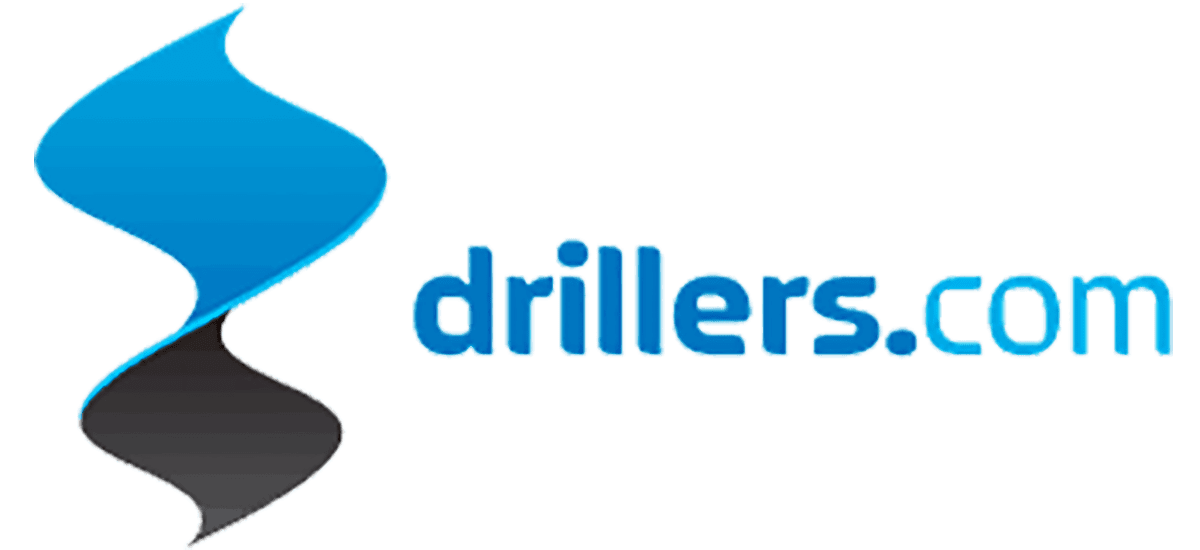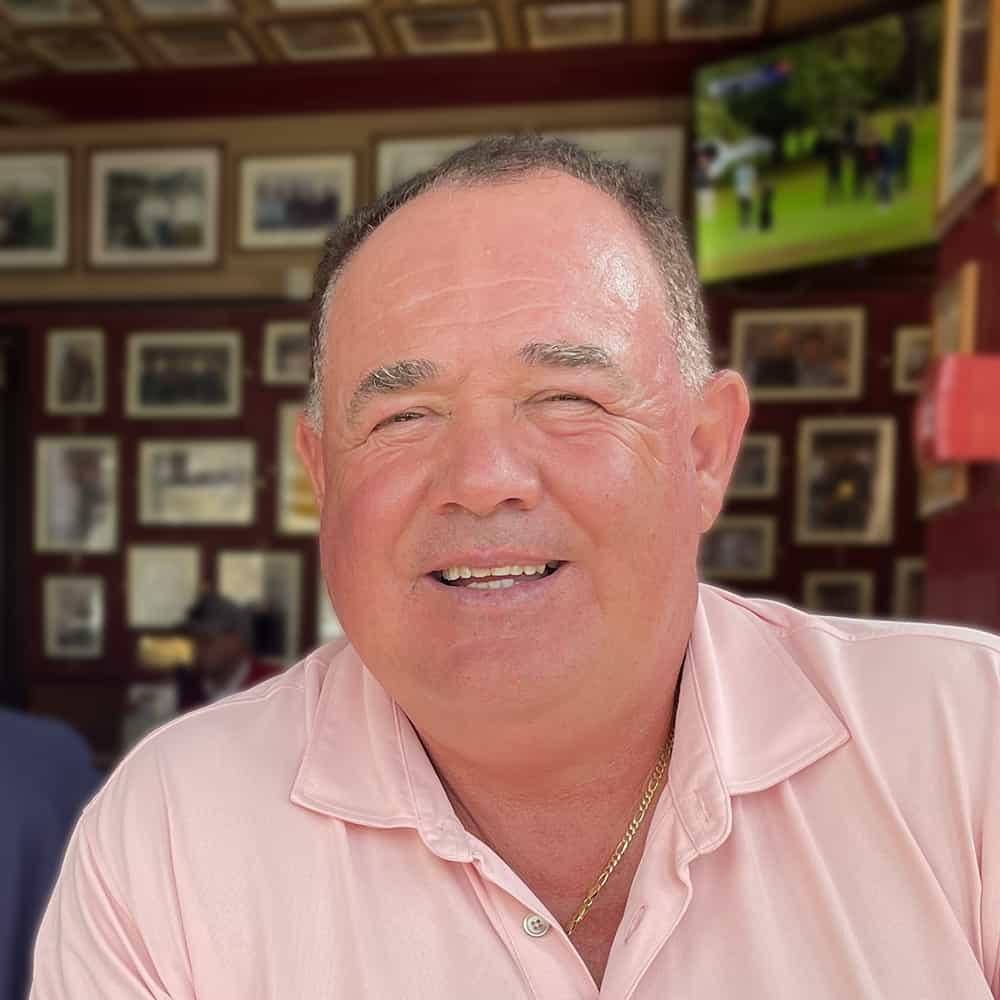This short course will give an insight into how Material selection shall be optimised, considering investment and operational/maintenance costs, such that overall costs are minimised while providing acceptable safety and reliability. As a minimum, the following should be considered:
• Corrosivity, considering specified operating conditions, including start-up and shut-down conditions.
• Design life and system availability requirements.
• Failure probabilities, failure modes and failure consequences for human health, environment, safety and material assets.
• Inspection and corrosion monitoring possibilities


